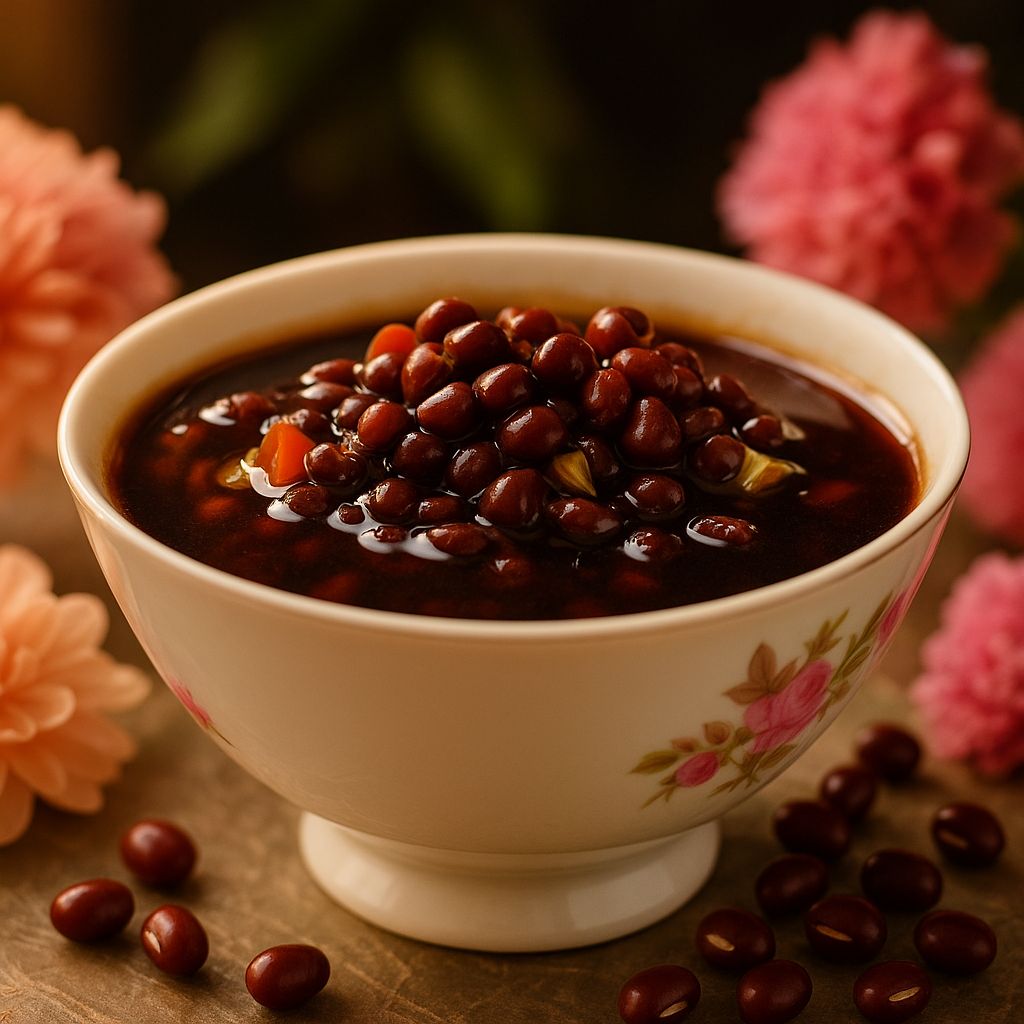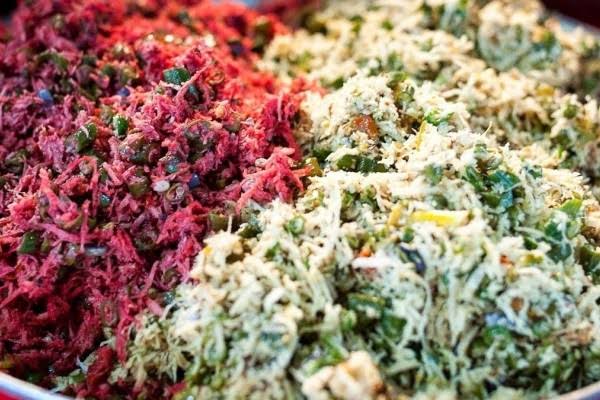Bali is not only famous for its exotic beaches and majestic temples. Behind its rich culture and natural beauty lies a culinary heritage that truly excites the palate.
For those who love traditional cuisine, these three vegetable-based dishes, known locally as jukut, deserve a spot on your culinary checklist when visiting the Island of the Gods: jukut urap, jukut ares, and jukut undis. Don’t be deceived by their simplicity—each bite holds a story, flavor, and deep local wisdom.
Jukut urap: the freshness of vegetables and grated coconut in perfect harmony
Imagine a plate of freshly blanched vegetables—long beans, bean sprouts, cassava leaves, and spinach—coated in seasoned grated coconut. This is jukut urap, a staple side dish in Balinese mixed rice.
The grated coconut is not just ordinary. It is mixed with a special Balinese spice blend made from shallots, garlic, bird’s eye chilies, turmeric, aromatic ginger, and fermented shrimp paste, then sautéed with kaffir lime leaves, bay leaves, and lemongrass. The result is a fragrant, savory dish with layered textures and refreshing flavor.
Not only is it delicious, but it’s also a healthy option—rich in fiber and free from excess oil. It’s perfect as a side or even a vegetarian main course.
Jukut ares: the warmth of banana stem soup from the Balinese kitchen
While banana stems are often discarded or used as animal feed elsewhere, in Bali they are transformed into a heartwarming soup called jukut ares.
Young banana stems are thinly sliced and cooked with base genep—Bali’s classic spice paste made of turmeric, galangal, shallots, ginger, and other local spices. The soup is enriched with chicken, duck, or pork, and sometimes thickened with coconut milk.
Jukut ares is not just flavorful but also soothing. Its warm, savory broth makes it ideal for rainy days or cool mornings in the highlands of Bali. This dish often appears during traditional ceremonies, symbolizing humility and reverence for nature.
Jukut undis: a humble yet tasty black-eyed pea soup
Few tourists know about jukut undis, and that’s exactly what makes it special. This humble soup from Buleleng in North Bali is made using black-eyed peas (kacang undis), simmered until tender and seasoned with simple spices such as shallots, garlic, chili, bay leaves, and galangal.
Despite its modest appearance, jukut undis offers comforting flavors—the natural nuttiness of the peas blending smoothly with the delicate aroma of local herbs. It is commonly served with plain rice and grilled salted fish (sudang lepet), making it a favorite everyday meal in northern Balinese households.
The true charm of jukut undis lies in its simplicity. It reflects the Balinese philosophy of gratitude for the land’s bounty and treats every meal as an offering to life itself.
A taste that lingers
These three jukut dishes are more than just lunch—they are fragments of Bali’s story—of simplicity, balance, and a deep connection with the natural world. When you taste jukut urap, jukut ares, or jukut undis, you’re not just enjoying a local dish—you’re savoring a tradition passed down through generations from the humble kitchens of Bali’s villages.
So, next time you’re in Bali, don’t just go looking for babi guling or ayam betutu. Seek out a small warung in the corner of a village, and ask for a warm serving of jukut. You might find that local flavor stays with you long after the holiday ends. (BT)





